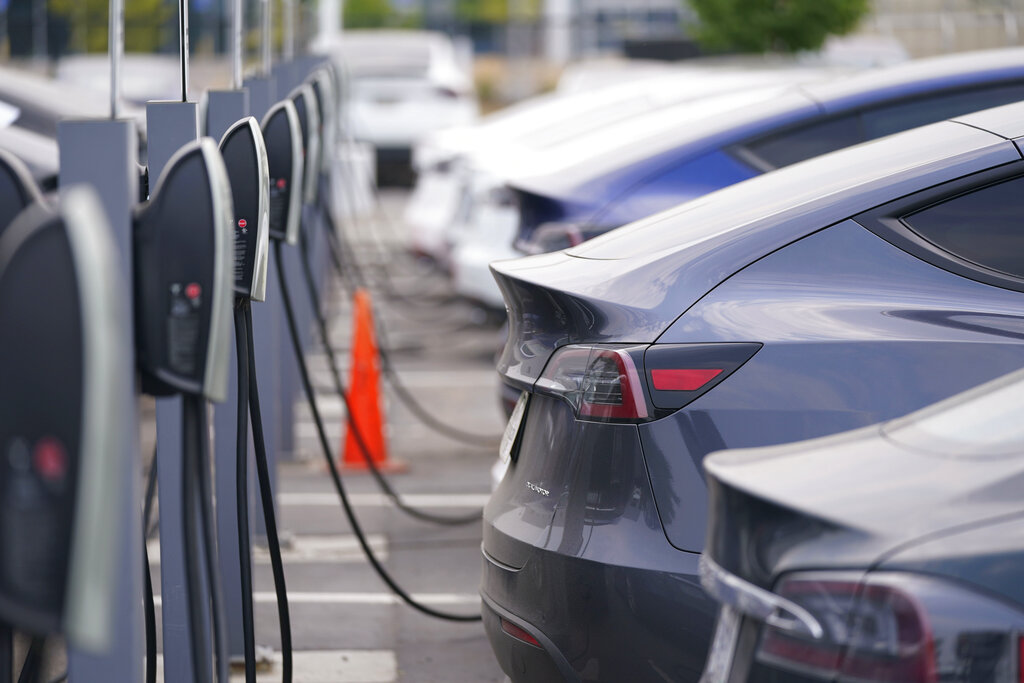The allure of electric vehicles (EVs) has failed to captivate me. They may be fine as children’s toys, but when it comes to real-world reliability — essential in the lives of adults — playing with electromobility seems imprudent.
I am far from alone in this belief in Poland. In fact, one might even consider Poles to be a bastion of common sense on this matter.
This is the consistent response given by the Polish people to those who try to kindle a passion for electromobility, including former Prime Minister Mateusz Morawiecki, who boasted that thanks to his administration, by 2025, a million battery-powered cars would be cruising across Poland.
Yet, here we are, on the threshold of 2025, with fewer than 60,000 EVs in the whole country. This represents a mere 3.5 percent of all vehicles, compared to an average of 14 percent across the European Union. This places Poland next to last in the EU, just above the Czechia, where the numbers are even lower — 2.8 percent. However, this should not be seen as a shameful position; rather, it is a commendable second place, right after the Czechs, who lead in common sense throughout the EU, even surpassing us Poles. The notion from the Rzeczpospolita paper that “Poland is the electromobility museum of Europe” could not be more mistaken.
Poles and Czechs are, in this regard, the true trendsetters of Europe.
There is a certain charm in the tales of electric car owners. There are of course the stories about how the predicted range of their vehicle, parked outdoors, plummeted from hundreds of kilometers in the evening to mere tens on a frosty morning. Range is still a major factor as well. Vacations must be planned not based on the sights one might enjoy, but rather where one can recharge their battery. There are of course the equally charming stories about the anxious glances at the dwindling range, turning off the heating in winter or air conditioning in summer, then the radio, and driving slower and slower to consume less power, just to make it to the next charging station.
To refuel a standard vehicle — one with an internal combustion engine — a few liters of gasoline or diesel suffice, but to “refuel” an electric car requires electricity, meaning access to a functioning power plant. This poses a considerably larger problem, especially in tough times, like in times of war — an unfortunate reality that no one can guarantee we won’t soon face. Electric power is not always guaranteed, and it certainly makes car owners dependent on a centralized source of power.
So, here’s to the Polish people! Time and again, refusing to be duped by the illusion of modernity and progress, we demonstrate our profound prudence.






